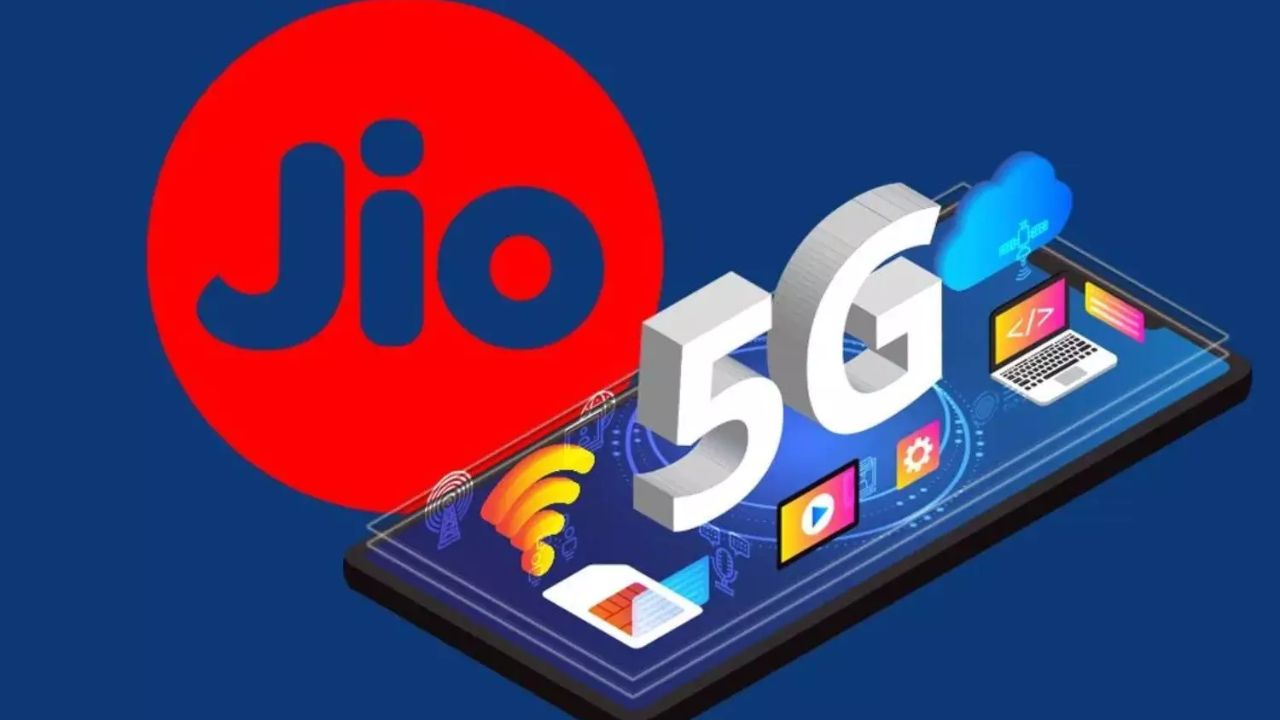Sridhar Vembu, the chief executive officer of Zoho Corporation, has once again made it clear that the global technology company has no plans for an Initial Public Offering (IPO). According to him, the requirements of a public listing would run counter to the company’s core vision, which leans heavily on long-term research, customer value, and a strong internal culture rather than quarterly profit targets. For now, that means one of India’s most successful software firms will remain firmly in private hands.
Key Points
- No IPO Plans: Zoho is not preparing for a public listing and intends to remain a privately held company.
- Long-Term Focus: CEO Sridhar Vembu believes public market pressures would force a focus on quarterly profits, harming long-term R&D.
- Culture Preservation: Staying private allows Zoho to maintain its unique employee-centric culture and rural development initiatives.
- Financial Independence: As a profitable company that has surpassed $1 billion in annual revenue, Zoho does not need to raise capital through an IPO.
Zoho, a major player in the Software as a Service (SaaS) space, has built its reputation on a vast suite of business applications. Vembu, who co-founded the company back in 1996, has repeatedly pushed back against the idea of going public. His reasoning is straightforward enough: public markets often pressure companies into chasing short-term profit goals, which, in his view, erodes the foundation of innovation and customer trust.
“I will not take a single paisa from a fund that has a 10-year life. We are building a company that we want to be around for 100 years,” Vembu once remarked, underscoring his belief in patient capital and a much longer horizon for success.
This philosophy shows up in almost every part of Zoho’s operations. The company invests significantly in its own R&D, developing its technology stack from the ground up. This independence not only gives Zoho control over its products but also shields it from investor-driven shifts in direction. Instead of chasing valuation milestones, the company prefers to focus on employees, customers, and the communities it serves.
A striking example is Zoho’s rural expansion. In places like Tenkasi in Tamil Nadu, the company has built large offices, creating high-tech jobs outside of urban hubs. The goal isn’t just business growth but also to stem urban migration by giving people opportunities in their hometowns.
Backing this effort is the Zoho Schools of Learning program, where high school graduates receive training in software development and other practical skills before being offered roles within the company. It’s the kind of long-term social investment that wouldn’t easily fit into the quarterly profit models demanded by stock markets. Staying private allows Zoho to pursue what Vembu calls a “transnational localist” approach, embedding the company deeply within the communities where it operates.
Interestingly, many of Zoho’s peers in the Indian SaaS industry have chosen the opposite route. Freshworks, for example, listed on the Nasdaq. Zoho, however, has consistently taken a different path. Its independence is rooted in its financial health. The company is bootstrapped, consistently profitable, and has already crossed $1 billion in revenue. Without the need to raise fresh capital, Zoho avoids the compromises that often come with public listing.
For Vembu and his team, the calculation is simple enough. The cost of going public, potentially losing the company’s unique culture and long-term focus, is a price they are not willing to pay.
Frequently Asked Questions (FAQs)
Q. Is Zoho a public company?
A. No, Zoho Corporation is a privately held company and has no current plans to launch an Initial Public Offering (IPO).
Q. Who is the owner of Zoho?
A. Zoho was co-founded by Sridhar Vembu and Tony Thomas. Sridhar Vembu is the CEO and holds a majority stake in the company along with his family members.
Q. Why does Sridhar Vembu not want to take Zoho public?
A. Sridhar Vembu believes that the pressure from public markets to deliver short-term quarterly profits would conflict with Zoho’s long-term vision. He prefers to focus on R&D, customer value, and unique company culture without interference from external shareholders.
Q. How is Zoho different from other tech companies?
A. Zoho is different due to its bootstrapped origins, a broad portfolio of over 55 integrated applications, its long-term business approach, and its strong focus on establishing offices and creating jobs in rural areas rather than just major cities.
Q. Is Zoho profitable?
A. Yes, Zoho is a profitable company. It surpassed the $1 billion annual revenue mark and continues to grow without needing external capital from a public listing.


















